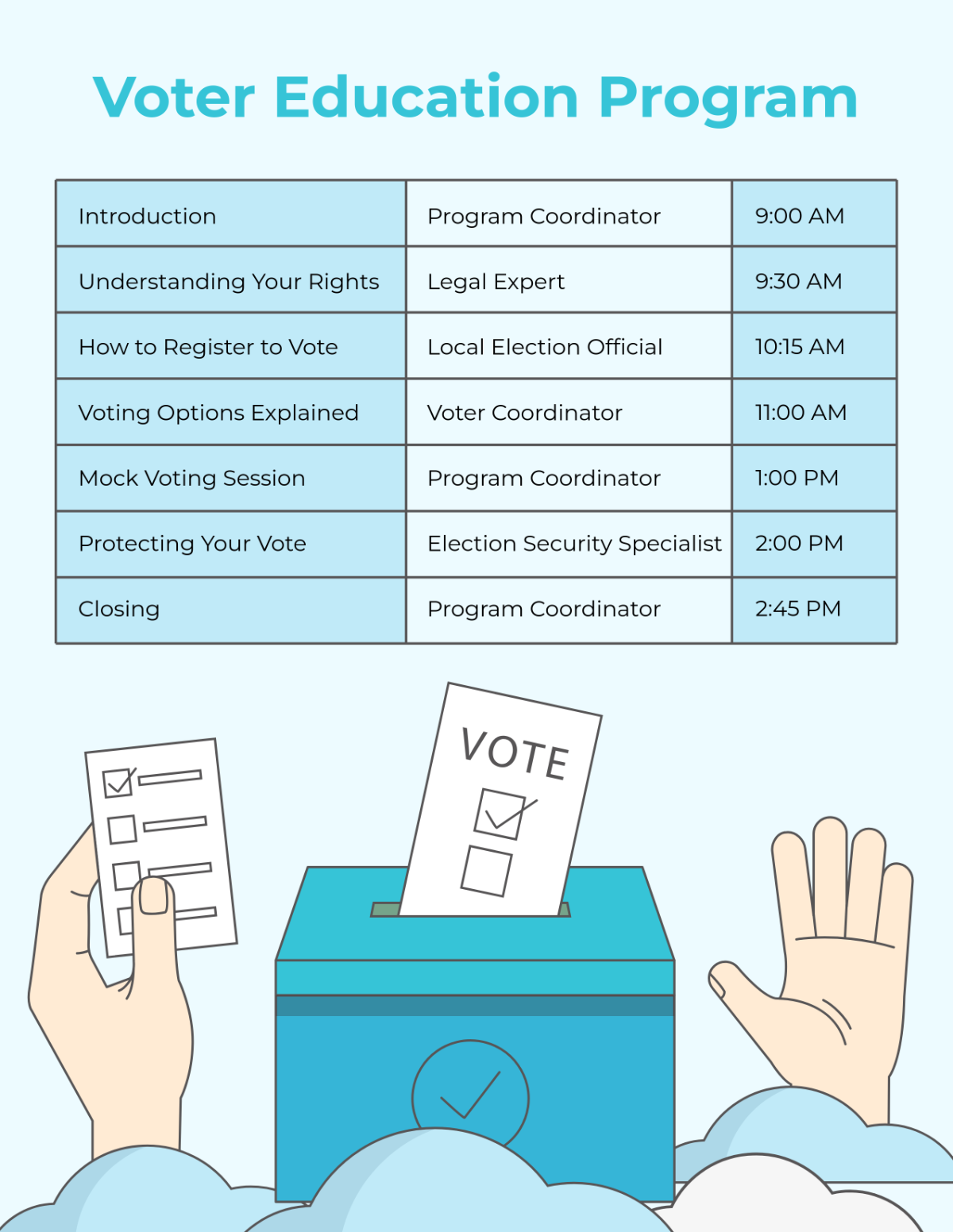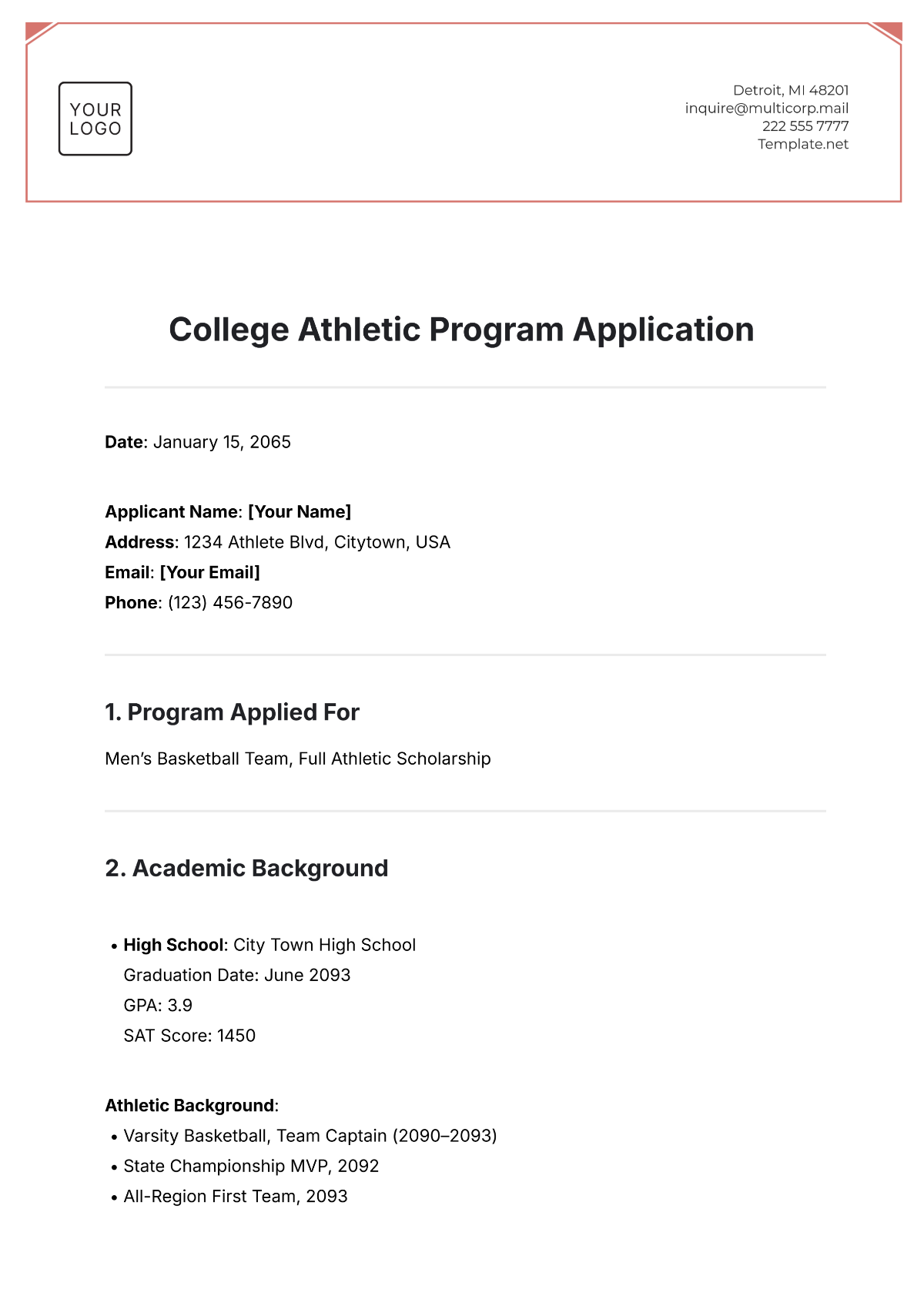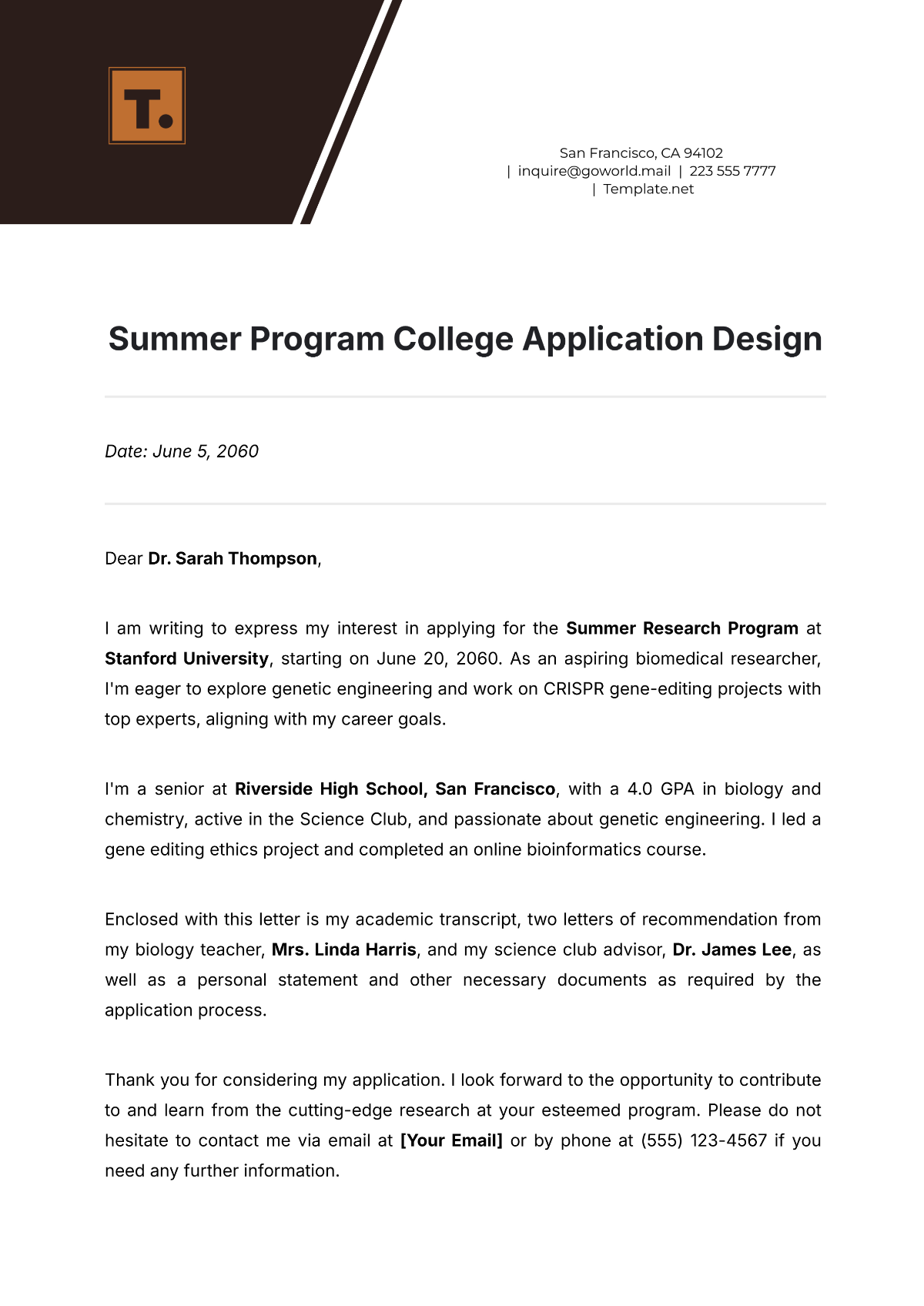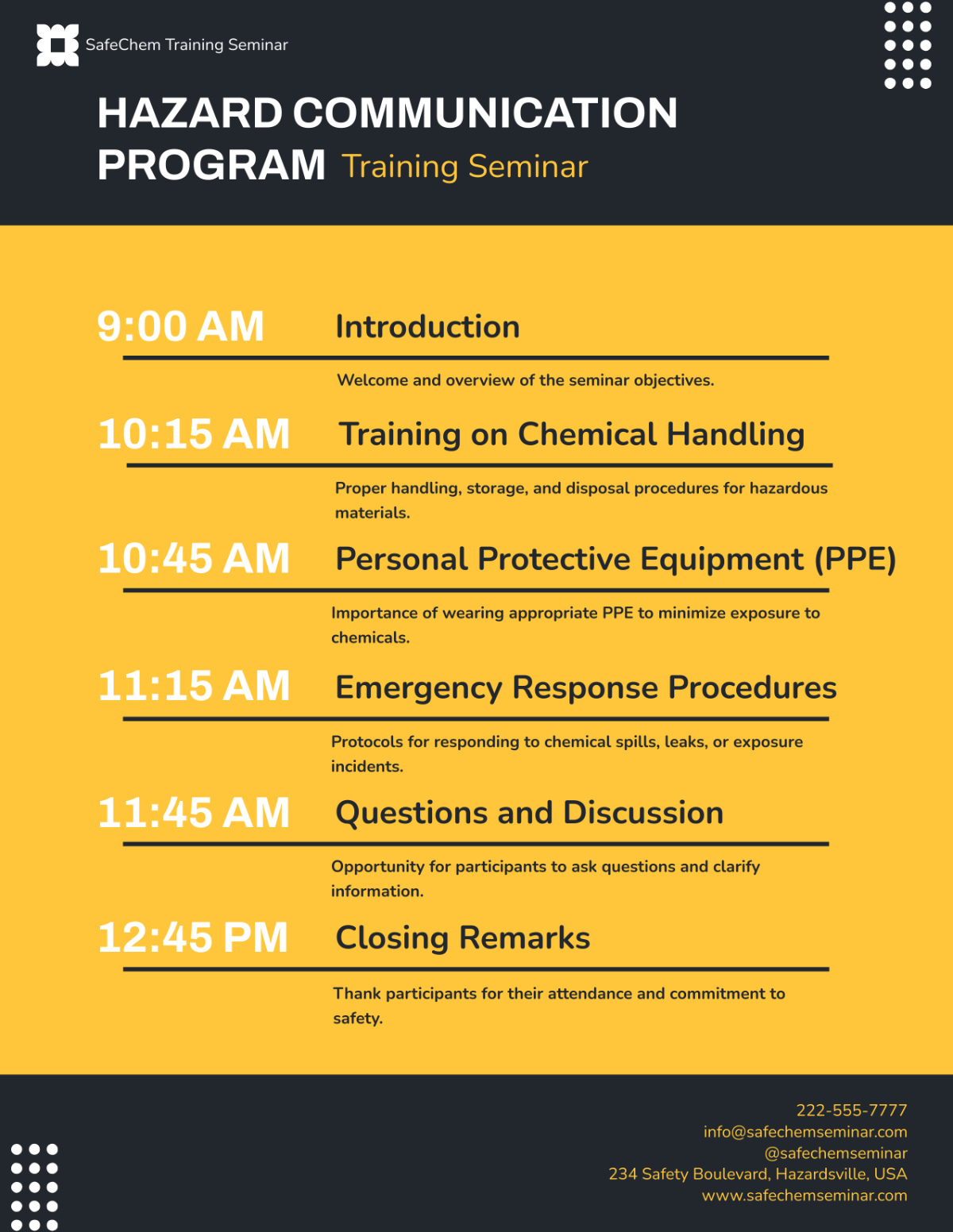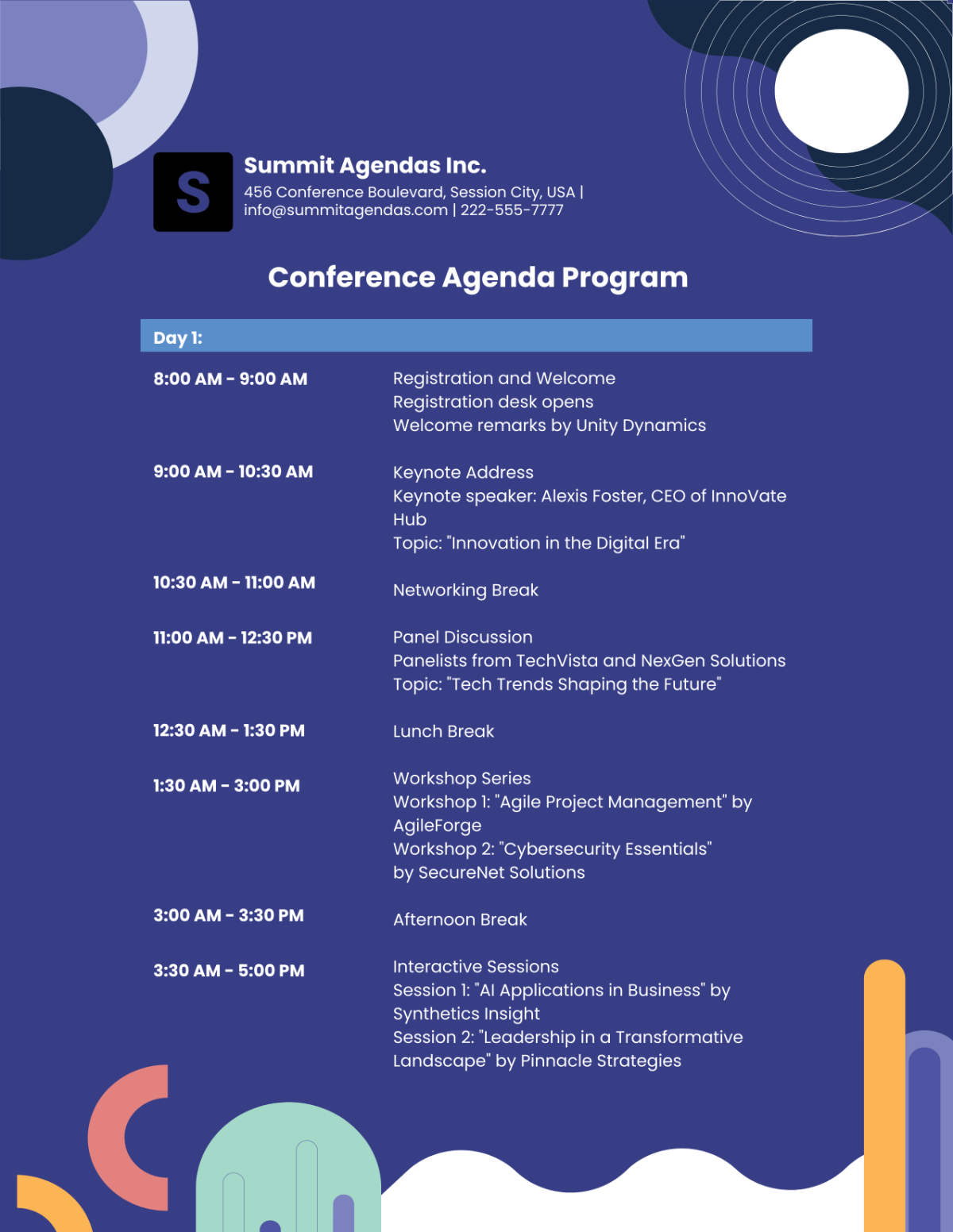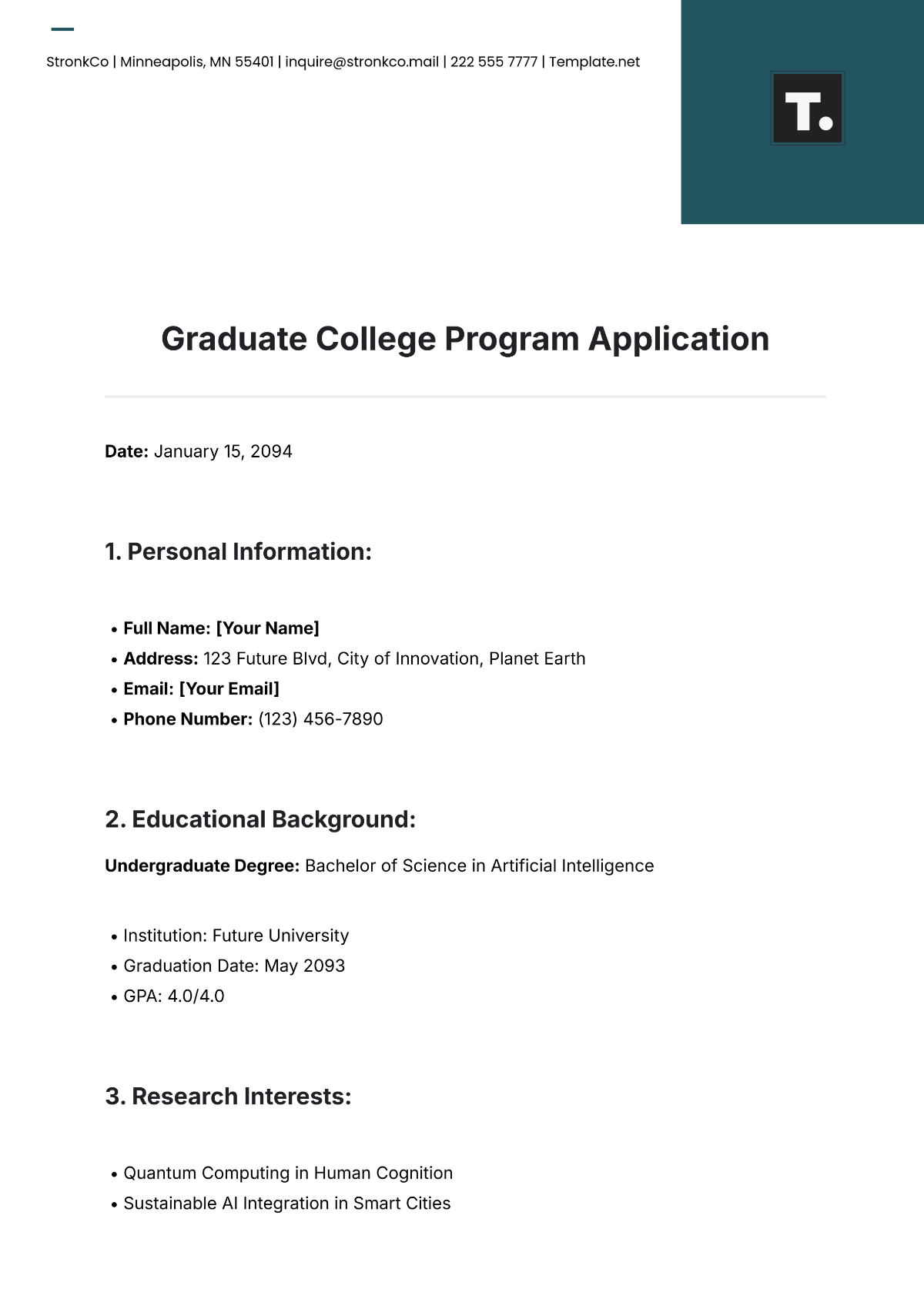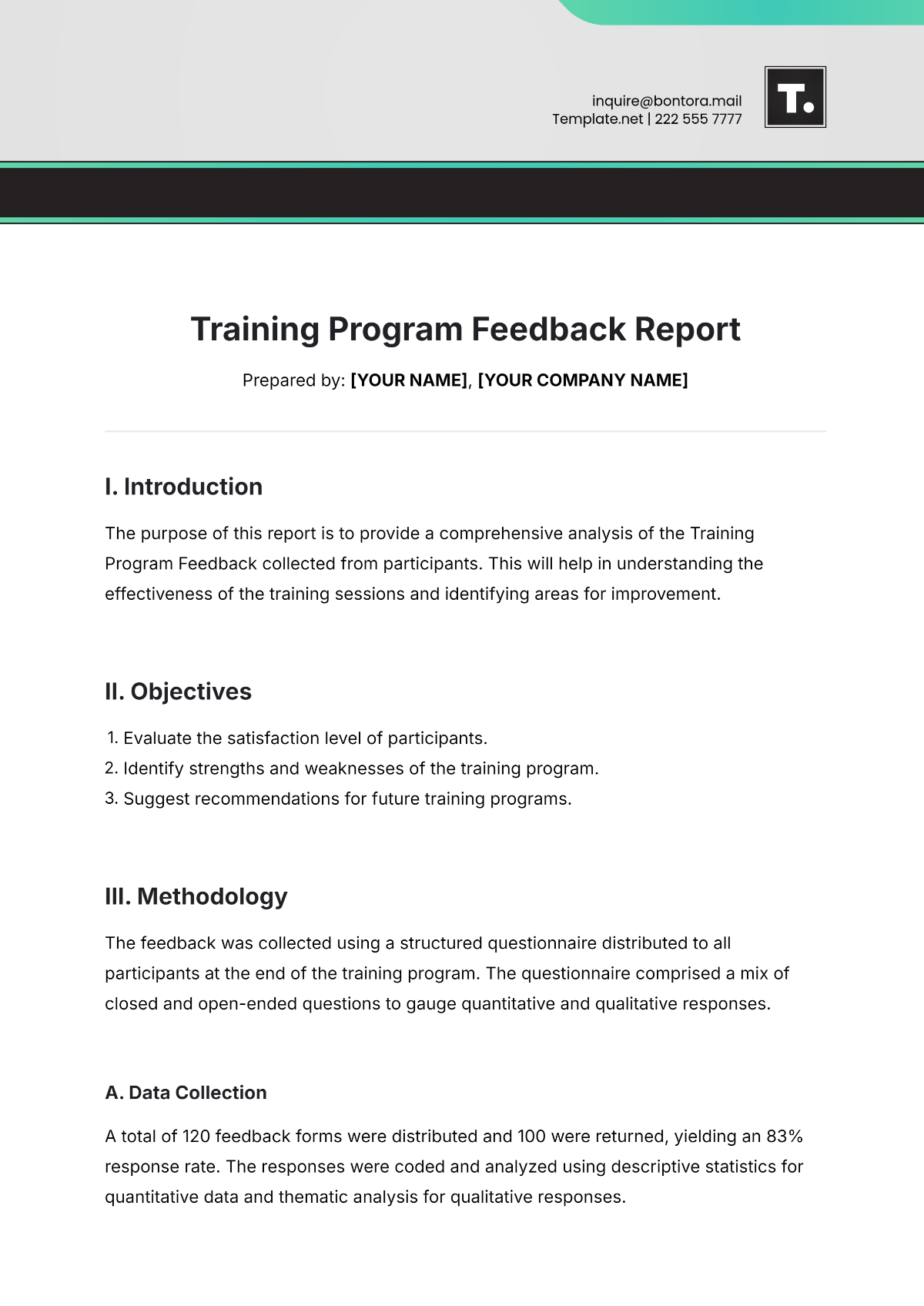Anti-Bullying Programs Action Research
Prepared by: [YOUR NAME]
Date: [DATE]
I. Introduction
Bullying is a pervasive issue in educational and organizational settings, impacting the mental and physical well-being of individuals involved. This Action Research aims to systematically investigate and improve anti-bullying initiatives to foster a safer and more supportive environment.
II. Objectives
Evaluate the effectiveness of existing anti-bullying programs.
Identify areas for improvement within these programs.
Implement and assess targeted interventions.
Enhance the overall impact of anti-bullying strategies.
III. Methodology
The research employs a mixed-methods approach including both quantitative and qualitative data collection and analysis. The following steps outline the methodology:
Literature Review: An extensive review of existing anti-bullying programs and their documented outcomes.
Data Collection:
Surveys measuring the prevalence of bullying and the effectiveness of current programs.
Interviews with stakeholders including students, teachers, and administrators.
Focus groups for in-depth discussions.
Data Analysis:
Statistical analysis of survey results.
Thematic analysis of qualitative data.
Intervention Design: Based on data analysis, targeted interventions are designed.
Implementation: The interventions are implemented within the target environment.
Evaluation: Post-intervention data collection and analysis to assess the impact.
IV. Findings
Category | Findings |
|---|---|
Program Effectiveness |
|
Areas for Improvement |
|
Interventions |
|
Evaluation |
|
V. Discussion
The research highlights the success of certain anti-bullying strategies while also identifying critical areas needing improvement. Enhanced training and more effective reporting mechanisms emerged as key factors in reducing bullying incidents. The introduction of peer support programs significantly contributed to the perception of a safer environment.
VI. Conclusion
Action Research on anti-bullying programs is essential in evaluating and improving the effectiveness of initiatives designed to create safer educational and organizational settings. Continuous data collection, analysis, and targeted interventions are vital in addressing the dynamic nature of bullying.
VII. References
Smith, P. K., & Sharp, S. (2050). School Bullying: Insights and Perspectives. Routledge.
Olweus, D. (2051). Bullying at School: What We Know and What We Can Do. Wiley-Blackwell.
Rigby, K. (2052). Children and Bullying: How Parents and Educators Can Reduce Bullying at School. Wiley-Blackwell.
Jones, T., & October, J. (2053). Developing Effective Anti-Bullying Practices in Schools. Journal of School Violence, 13(2), 112-133.










